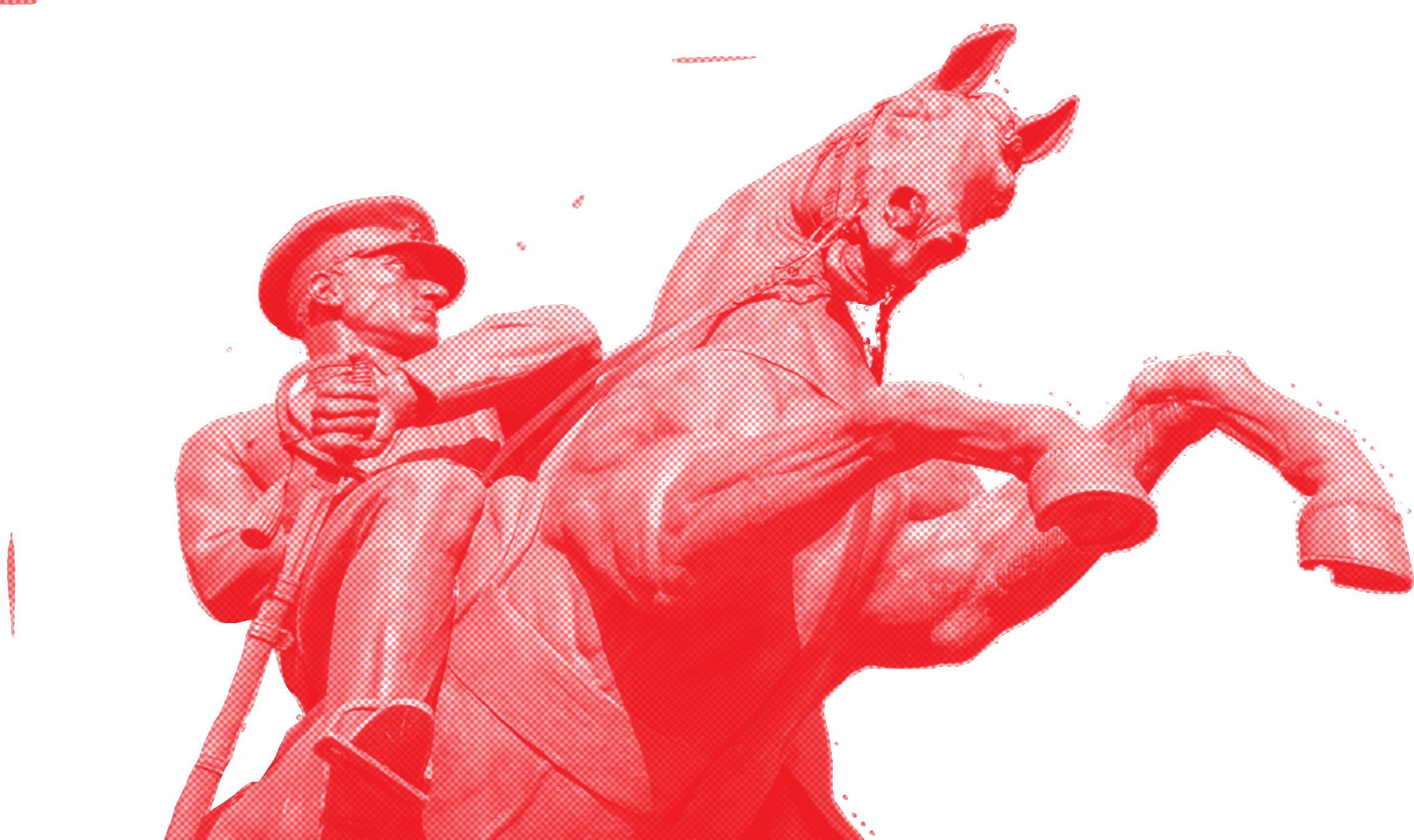RUSSIAN -TURKISH RELATIONS AND THEIR IMPLICATIONS FOR THE WEST
CONCLUSION
T
he relationship between Russia and Turkey is characterized by a complex mixture of cooperation and competition across the instruments of power. Both have been careful not to let competition escalate to conflict; pragmatism and compartmentalization of differences have been their watchwords. When attempting to predict the likely future trajectory of the relationship—a fraught endeavor even in less complex sets of ties—we need to look for areas of convergence and divergence in how their instruments of power interact. In the diplomatic and political sphere, there is a high level of congruence and personal trust between Putin and
Erdogan, both of whom are authoritarian populists who see Western promotion of liberal democracy as a major threat to their hold on power.109 Both men lead political regimes focused on security and the preservation of their nations’ sovereignty, which they see as permanently under threat from the West. At the level of the international system, there is more room for competition. First, each has a historical mythology that emphasizes its great power status, and each has often been “the other” in these narratives. Next, both Moscow and Ankara are currently pursuing a “Eurasian” path, which stands in contrast to the so-called West, but, at the same time, each country defines itself as the natural leader of the Eurasian region, leaving room for competition between
109 Bechev, Rival Power, p. 157.
59



